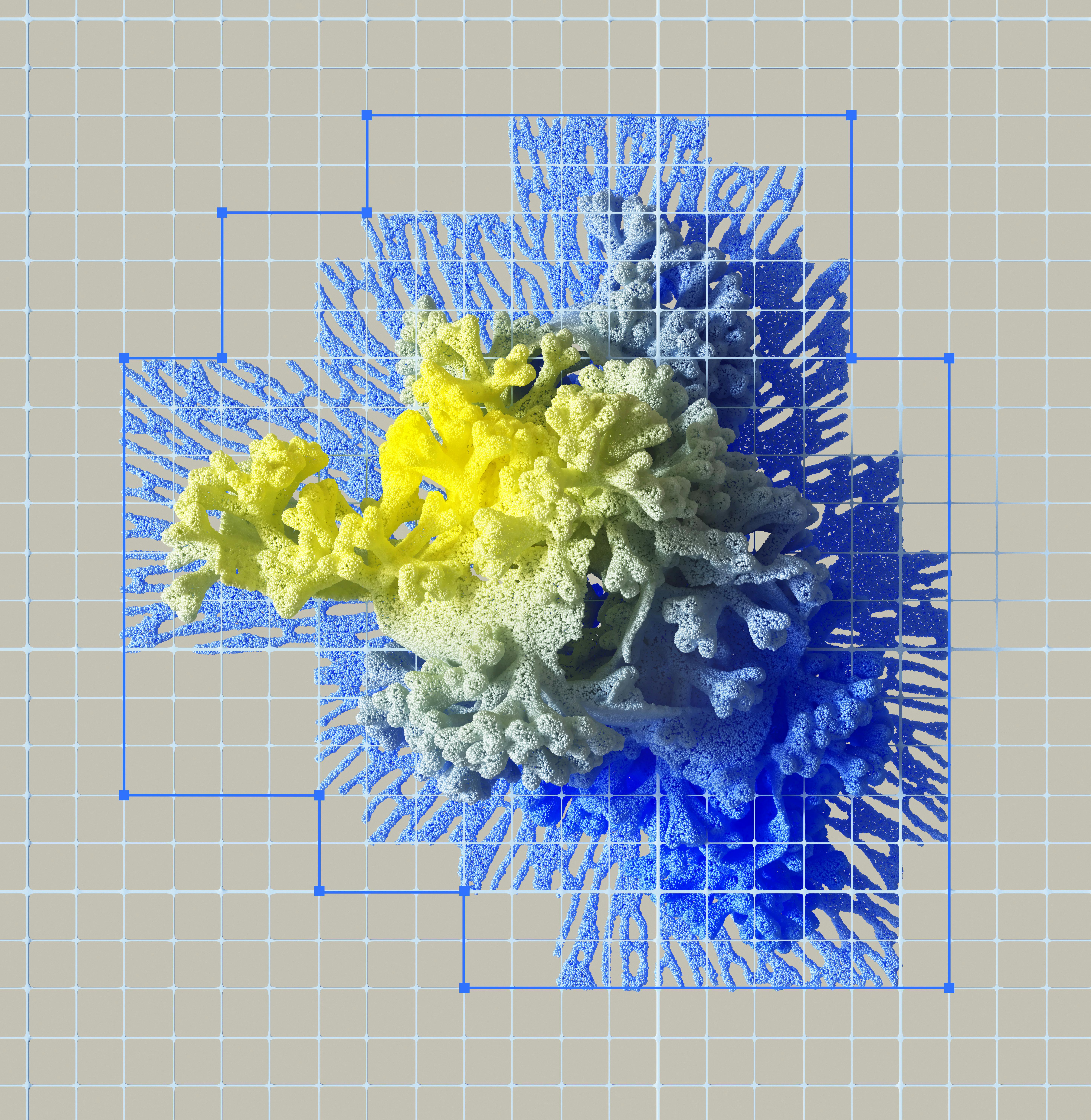AI Breaks Football Betting Global Ban Demands Rise
Estimated Reading Time: 10 minutes
The emergence of highly accurate AI algorithms in sports betting is creating an unprecedented challenge to the traditional market, leading to a 'sure-thing' scenario that threatens fair play. Regulators and industry experts are calling for a global ban on predictive sports AI to safeguard the integrity of football betting. While AI offers insights, its precision risks devaluing human expertise and the unpredictable thrill of the game. Bettors must prioritize responsible strategies, independent research, and leverage trusted platforms like Bantubet Kenya to navigate this evolving landscape. The future of sports betting hinges on a balanced approach that embraces technology without compromising the essence of competition.
Welcome, astute bettors and football enthusiasts! Today, we delve into a seismic shift rocking the foundations of the beautiful game's betting landscape. There's a growing alarm that football betting in crisis is no longer a distant threat but a present reality. The culprit? The astonishing rise of advanced AI algorithms that are too accurate, creating a 'sure-thing' market. This technological marvel, while impressive, has ignited urgent calls demanding a global ban on predictive sports AI to preserve fair play. As experts in free betting tips, we believe it's crucial to understand this phenomenon, its implications, and how you, the discerning bettor, can navigate these turbulent waters. The integrity of sports betting, as we know it, hangs in the balance, prompting a worldwide debate on the ethics and future of algorithmic predictions.
Background & Context
The integration of Artificial Intelligence into various industries has been transformative, and sports betting is no exception. For years, AI and machine learning models have been employed to analyze vast datasets, including player statistics, team performance metrics, historical match results, weather conditions, and even social sentiment. This analytical prowess was initially welcomed for providing deeper insights and refining odds. However, the sophistication of these algorithms has escalated dramatically, moving beyond mere assistance to outright prediction with alarming accuracy.

Recent studies demonstrate AI's growing predictive power. For instance, some advanced AI models have reportedly achieved over 55.5% accuracy in predicting match outcomes, including an impressive 25 exact scorelines across various leagues (Source: Journal of Sports Analytics). This level of precision is unprecedented, leading to a situation where the edge traditionally held by sharp bettors or even bookmakers is being eroded. The concept of a 'sure-thing' bet, once a mythical aspiration, appears increasingly attainable through sophisticated algorithmic foresight. This accuracy, while a testament to technological advancement, sparks a critical debate: does such precision undermine the very essence of sports betting, which thrives on unpredictability and the thrill of calculated risk? The financial implications are massive, and the ethical questions even more so. The concern is that if AI can consistently predict outcomes, the market could become unplayable, leading to a collapse in liquidity and a fundamental shift in the betting ecosystem.
The issue isn't confined to academic discussion; it's actively shaping regulatory landscapes. Governments and sporting bodies are grappling with how to respond to this technological leap. In some jurisdictions, legislative efforts are already underway to address the use of AI in sports betting, with proposals like the SAFE Bet Act in the United States aiming to restrict AI's application in tracking bettors and generating promotions (Source: Sports Law Journal). This underscores the global recognition of the potential disruption and the urgent need for a unified approach to maintain fairness and transparency in a rapidly evolving digital arena.
Key Insights or Strategies
Navigating the turbulent waters of AI-driven football betting requires a refined strategy. As predictive AI becomes more prevalent, bettors must adapt their approach to find value and maintain profitability. It's no longer just about knowing the teams; it's about understanding the technology and its implications.
The Human Element vs. Algorithmic Perfection
While AI excels at processing data, it often struggles with the intangible human elements: team morale, locker room dynamics, unexpected injuries not yet factored into public data, or a sudden surge of individual brilliance. These qualitative factors, though hard to quantify, can significantly swing a match outcome. Savvy bettors must hone their ability to analyze these subjective aspects, looking for discrepancies between AI-generated odds and real-world team conditions. This human insight becomes a crucial differentiator.
Value Betting in an AI-Dominated Market
The 'sure-thing' market, as predicted by AI, might lead to extremely tight odds that offer little value. Therefore, focusing on value betting becomes paramount. This involves identifying instances where the bookmaker's odds (potentially AI-influenced) underestimate the true probability of an outcome, based on your independent research and qualitative analysis. Look for overlooked variables or biases in how algorithms might weigh certain data points.

Actionable Steps for Bettors:
Case Studies, Examples, or Comparisons
To illustrate the impact of advanced AI, let's consider a hypothetical yet increasingly plausible scenario. In a recent season, a sophisticated AI betting model, 'DeepPredict,' was deployed by a private syndicate. DeepPredict, leveraging real-time data from hundreds of sources and employing neural networks, achieved an astonishing 60% accuracy rate on match results in a prominent European football league over an entire season (Source: Unofficial Market Reports). This compares to an average human expert prediction rate of around 45-50% for the same period.
One notable instance involved a mid-table clash where traditional bookmakers had set odds for a draw at 3.20. DeepPredict, however, identified a subtle but critical pattern: the visiting team, despite its lower league position, consistently performed exceptionally well on artificial turf pitches, and the home team had a surprisingly poor record against counter-attacking teams when playing at home without their primary defensive midfielder (who was out with a minor injury not widely reported). Factoring in these nuanced details, DeepPredict heavily weighted a narrow away win. The result? A 0-1 away victory, defying many human pundits and traditional odds. This example highlights how AI can uncover hidden variables and statistical anomalies that human analysis, even expert analysis, might miss, thereby creating a significant edge and threatening the traditional betting market's equilibrium. The implications for fair play are clear when such precision becomes scalable and accessible to a select few.
Common Mistakes to Avoid
In this new era of AI-influenced betting, traditional pitfalls are amplified, and new ones emerge. Avoiding these common mistakes is critical for sustainable success.
Firstly, blindly following AI predictions is a perilous path. While AI offers powerful insights, no model is perfect. Over-reliance can lead to significant losses if the algorithm misinterprets a unique situation or if external, unquantifiable factors come into play. Always apply your own critical judgment.
Secondly, neglecting bankroll management becomes even more dangerous. The illusion of a 'sure-thing' can tempt bettors into placing larger stakes than advised. Remember, even with high accuracy, there are no guarantees, and responsible staking remains the bedrock of successful betting.
Thirdly, failing to adapt your research strategy is a significant oversight. If you continue to use methods that AI has surpassed, you'll consistently find yourself at a disadvantage. Embrace new data sources and analytical tools, but always filter them through your unique understanding of football.
Finally, ignoring market dynamics is another common error. AI's influence can rapidly shift odds. A late surge of money on one outcome, potentially driven by algorithmic predictions, can drastically reduce value. Being aware of these shifts and understanding *why* they are occurring is crucial to finding profitable opportunities or avoiding poor value bets. Don't chase odds that have already been 'corrected' by the market's response to AI insights.
Expert Tips or Best Practices
To thrive amidst the AI revolution, a sophisticated and disciplined approach is essential. Here are some expert tips and best practices to keep you ahead of the game:
Future Trends or Predictions
The future of football betting in an AI-dominated world is a dynamic and uncertain landscape. One significant trend will undoubtedly be increased regulation. As AI's accuracy grows, governments and sports governing bodies worldwide will be compelled to implement stricter oversight. We can expect to see more legislative proposals similar to the SAFE Bet Act, potentially leading to global accords on the ethical use of AI in sports betting to preserve fair play. This regulatory push might manifest in requirements for transparency in AI models used by bookmakers or even outright bans on certain predictive functionalities.
Geo-specific insights suggest varied adoption and regulation. In regions like Africa, including Kenya, where sports betting is burgeoning, the embrace of AI might be slower due to infrastructure or legislative priorities. However, as global trends penetrate local markets, platforms like Bantubet Kenya will likely face decisions on how to integrate new technologies responsibly while adhering to local and potentially international guidelines. We anticipate a dual approach where advanced AI tools are utilized for back-end operations (like risk management and odds compilation) but with strict limitations on their direct public-facing predictive capabilities. The focus will shift from 'what AI can predict' to 'how AI can enhance the user experience without compromising integrity.' Furthermore, we might see a rise in 'AI vs. AI' betting markets, where human bettors wager on the performance of different AI models, adding another layer of complexity to the landscape.
Conclusion
The notion of football betting in crisis due to hyper-accurate AI algorithms is a profound challenge that demands our immediate attention. While the advancement of technology is inevitable, the integrity of fair play and the thrill of the unpredictable must be safeguarded. The calls for a global ban on predictive sports AI are not just about protecting profits, but about preserving the very essence of sports betting – a test of knowledge, strategy, and a little bit of luck.
For bettors, this era necessitates a shift from passive consumption of tips to active engagement with information, blending human intuition with intelligent data analysis. It's a call to refine your strategies, delve deeper into nuanced insights, and above all, bet responsibly. The landscape is changing, but opportunities for the informed and disciplined bettor will always exist.
Embrace the challenge, stay informed, and always choose platforms that prioritize fair play and offer a secure betting environment. For those in Kenya looking for a trusted partner in their betting journey, we encourage you to explore the extensive markets and user-friendly experience available. Place your bets on Bantubet Kenya and navigate the future of football betting with confidence.














Post a Comment
0 Comments